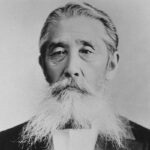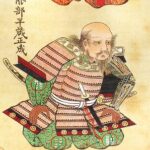.
War is not a glorious event, nor is it a time of bravery. War is a miserable, woeful, and agonizing period for both soldiers and civilians alike. Yet, there are countless films and books produced in which war is glorified and the idea of “fighting for freedom” is sold to the youth who have never experienced the tragedies of war. Rather than allowing our youngsters to be brainwashed by all of the propaganda, it is our responsibility as adults to educate them and motivate them to strive for a society which averts wars.
One such person who accepted that undertaking was a man named Yukio Tsuchiya. Born in Tokyo on June 10, 1904, Tsuchiya was a prolific writer of children’s stories, songs, and poems. His credits include approximately 150 books. Winner of the Juvenile Cultural Merits Award, the Kodansha Noma Juvenile Literary Award, and the Shogakkan Literature Award, Tsuchiya’s best known work is a story he published in 1951 called, “Faithful Elephants” (かわいそうなぞう).The central message in the book is that “war affects not only human beings, but also innocent and lovely animals that don’t know, understand, or even care about war.”
.
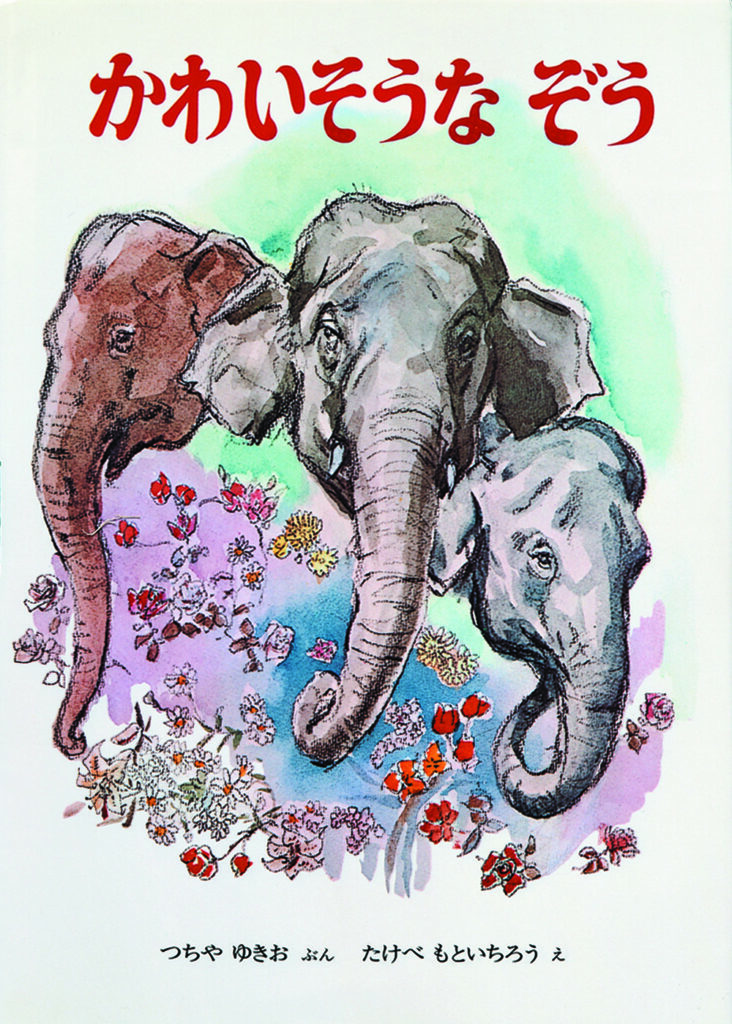
.
Tsuchiya graduated from Tokyo University with a degree in mining and metallurgy. He was working as an official in a city ward office when he published his first full-length fairy tale, “The Sailing of a Rainbow.” After the story’s publication, Tsuchiya devoted himself to writing full time.
“Faithful Elephants,” originally published in Japan in 1951, was reissued in the U.S. in 1988. The picture book is purported to be a true story of the events which took place at Tokyo’s Ueno Zoo at the end of World War II. During the closing stages of World War II, the city of Tokyo was subjected to a series of firebombing raids by the United States Army Air Force. The first small-scale bombing took place on April 1942 and the assaults continued until August 15, 1945, the day Japan surrendered.
.
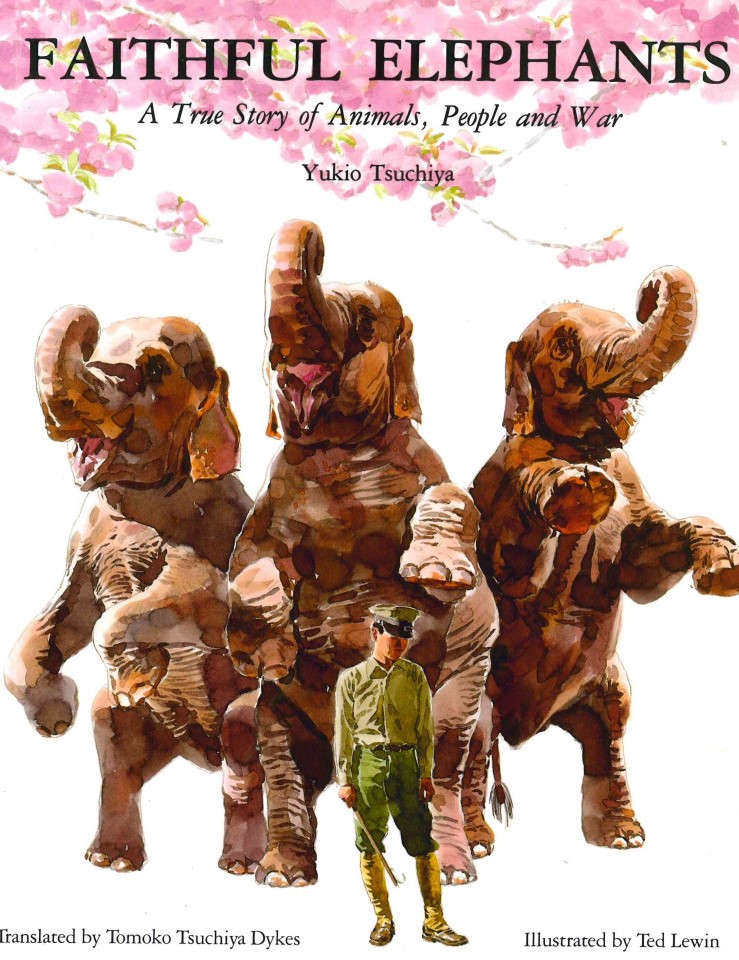
.
The Japanese Imperial Army was concerned that if a bomb was detonated near the zoo, animals from the zoo could possibly escape and harm the general public. Consequently, they issued orders for the zoo to poison their large and dangerous animals. The zoo keepers were successful in poisoning the lions, tigers and bears, but killing the three remaining Indian elephants proved to be challenging.
They initially tried to mix in poisoned food with the elephant’s feed, but the elephants proved to be too intelligent and were able to discern between the food that had poison in it and the food that did not. Next, they tried to inject the poison into the elephants, but found that their skin was too tough for the needle of the syringe to penetrate. Finally, they decided to simply let the elephants starve to death. It took seventeen days for the elephants to die from starvation.
.
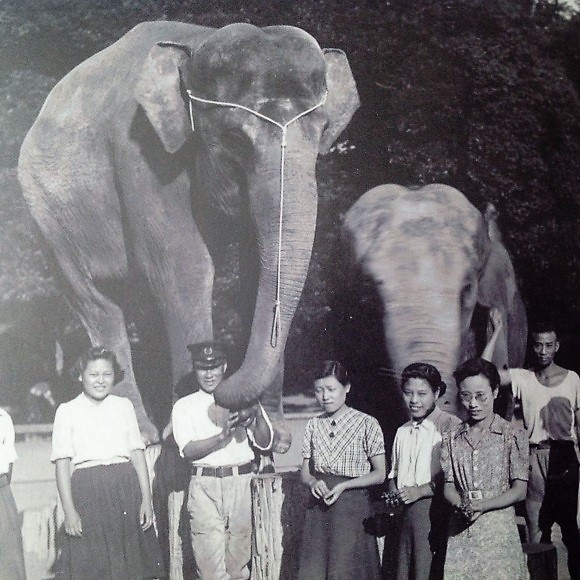
.
After the war, a memorial was erected at the zoo to honor the three elephants and the other animals that were killed during the war.
Tsuchiya said that he wrote the book in order to let children know the grief, fear and sadness caused by war. In time, people contested the claim that the story was factual and Tsuchiya was accused of using artistic license to create an anti-war story. Others stated that Tokyo was not being bombed at the time the animals were killed and the army had issued these specific orders to encourage children to become hostile toward the enemy.
What is clear is that separating fact from fiction is very challenging during the chaos and confusion created by war.
.
Yukio Tsuchiya passed away on July 3, 1999 at the age of 95.
.
.
『Kristine’s Eye on Japan: Introduction to Japanese Culture』
Writer: Kristine Ohkubo
.
.
.
(4/25/2022)


